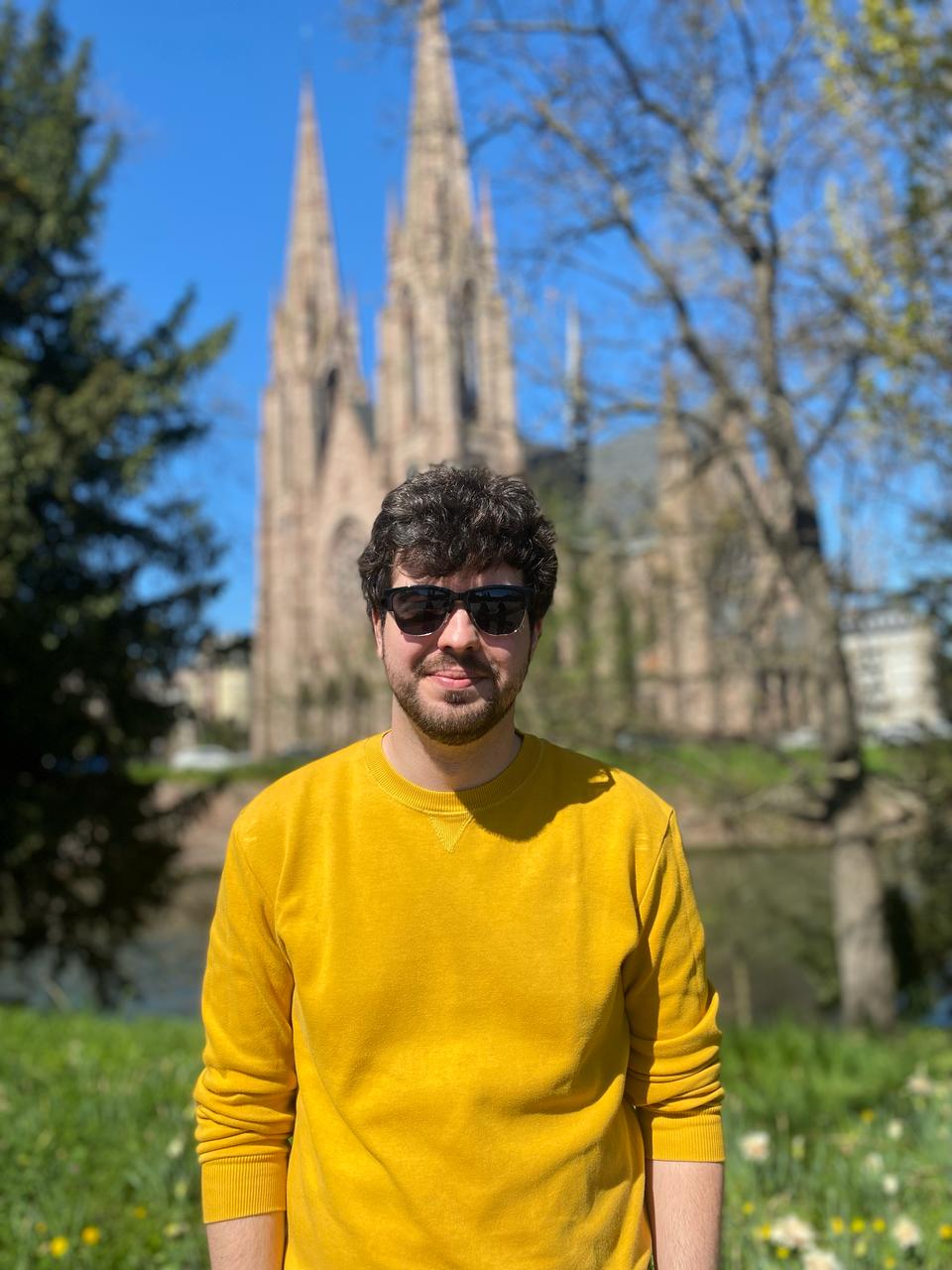Michalis "Michael" Chadolias
MSc in Astroparticle Physics | Data Science & Machine Learning | Statistical & Computational Methods

About me
I am a graduate physicist with a deep interest in neutrino and astroparticle physics. I am particularly drawn to the challenge of connecting experimental data with theory through practical applications of computational and statistical methods.
I recently completed my M.Sc. in Physics at Friedrich-Alexander University Erlangen–Nürnberg, where I worked within the KM3NeT and ANTARES collaborations at the Erlangen Centre for Astroparticle Physics (ECAP). My master's thesis featured the first feasibility study of tau-neutrino appearance using the full ANTARES dataset. I have extensive experience developing large-scale Monte Carlo simulation chains and applying machine learning models for event reconstruction, leveraging HPC clusters for data-intensive analysis.
My foundation in experimental physics was built during my B.Sc. at the Aristotle University of Thessaloniki. There, I coordinated the trajectory subsystem for the AcubeSAT nanosatellite mission, modeling orbital radiation, and contributed to the KM3NeT/ORCA experiment through an internship at NCSR "Demokritos.
Beyond research, I am passionate about science communication and mentoring. Outside of physics, I enjoy strategic games like chess and immersive role-playing campaigns.
"Somewhere, something incredible is waiting to be known."
news
| Dec 08, 2025 | I’ve published my first article on Medium 🌌, where I reflect on developing my pulsar-classification midterm project for the ML Zoomcamp 🌠🔭 You can read it here! |
|---|---|
| Nov 20, 2025 | I’ve submitted my midterm project for Machine Learning Zoomcamp! The pulsar classifier is now live on Hugging Face 🤗🌌 |
| Sep 15, 2025 | Excited to join the 2025 cohort of the Machine Learning Zoomcamp by DataTalks 🚀. |